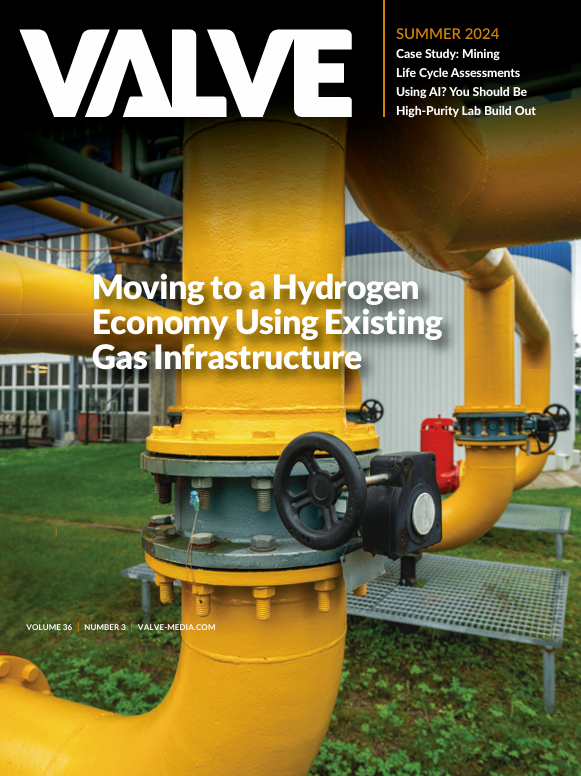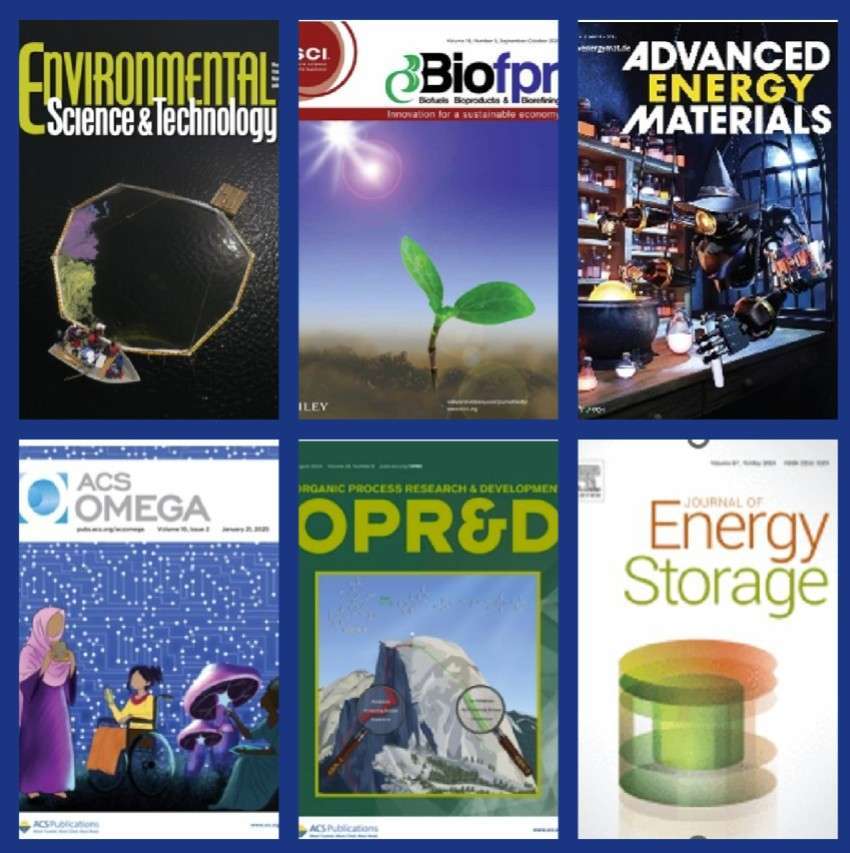The summer issue of Valve Magazine features a comprehensive overview of plastic valves by Alan Black, Equilibar’s lead application engineer and product manager.
During the 1950s and 1960s, plastics represented a future filled with progress and possibility, as was famously captured in Dustin Hoffman’s first movie, The Graduate.
“I have one word for you,” a helpful family friend tells Hoffman’s character in an attempt to offer career advice. “Plastics…. There’s a great future in plastics. Think about it.”
The industrial use of plastics today is more complicated. Sophisticated modern polymers continue to play key roles in many pharmaceutical, semiconductor and chemical processes that positively impact people around the world. At the same time, environmental issues have raised concerns about certain types of plastics, driving innovative efforts to develop modifications and to mitigate harmful effects.
In the article, which is part of the magazine’s Valve Basics series, Alan reviews the use of plastics in not only valve bodies, but also in polymer lined valves and valve seats.
The advantages of plastics for fluid control systems include resistance to harsh chemistries, the ability to provide superior ultra clean technology for semiconductor applications, and the ability to be gamma irradiated for single-use biopharma applications.
Indeed, as Alan explains, plastic valves perform in service conditions that would have been impossible not too many decades ago.
At the same time, plastic pollution, particularly in oceans, is increasingly concerning across the world. Even more perplexing is the problem of fluorinated polymers and microplastics—often called forever chemicals—that can have harmful effects on water supplies and living organisms.
Taken together, the pros and cons of plastics underscore the idea that choosing the optimal material of construction for a valve is a consequential decision when designing fluid control systems. As researchers continue their work to find solutions to deal with the down sides of plastics, engineers and scientists will need to be increasingly mindful of the advantages and disadvantages of each valve material available to them.
Read the full article in Valve Magazine. And as always, please contact our application specialists to discuss your fluid control challenge.



